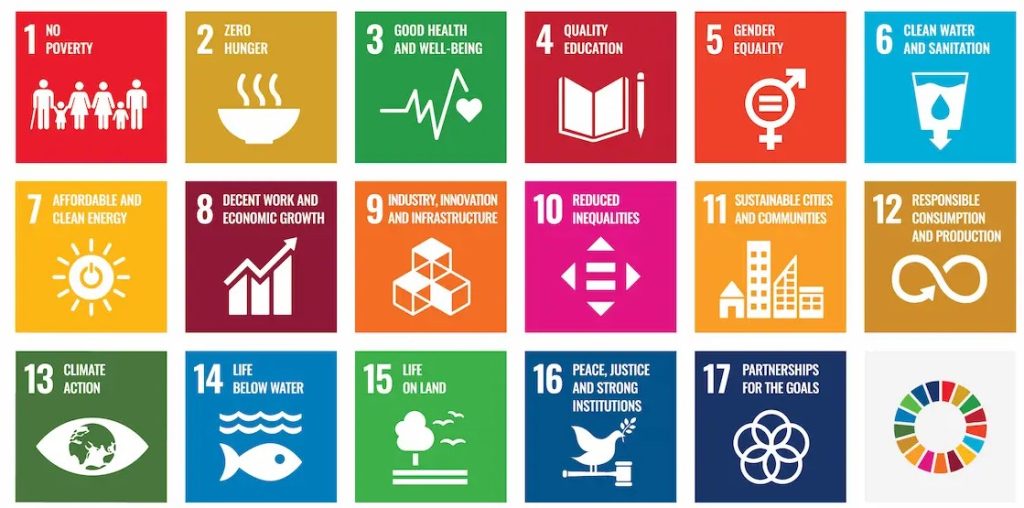EAS commitment to sustainability
EAS is dedicated to the 2030 Agenda and global sustainability goals, focusing on both social and environmental responsibility. Our key initiatives include research collaborations, consensus initiatives and task force statements, educational programs, investing in young researchers through the Young Fellows Programme and grants for low- and middle-income regions.
We recognize that travel, particularly air travel, significantly contributes to our carbon footprint. However, we are actively working to reduce air travel while balancing the need for participants to attend our congress for continued education and fulfilling key UN SDGs, including SDG 3 (good health and well-being) and SDG 4 (quality education).
We prioritize sustainability actions with the greatest impact, measuring and reducing emissions across our operations and events to continuously improve our environmental footprint.

Our key initiatives include:
UN Agenda 2023
In 2020, we published “Taking action: European Atherosclerosis Society targets the United Nations Sustainable Development Goals 2030 agenda to fight atherosclerotic cardiovascular disease in Europe,” aligning our mission with key UN Sustainable Development Goals (SDGs), including SDG 3 (good health and well-being), SDG 5 (gender equality), and SDG 13 (climate action).
EAS focuses on reducing premature mortality from noncommunicable diseases (NCDs), especially cardiovascular diseases, by advancing research, education, and advocacy. Through initiatives like the Familial Hypercholesterolaemia Studies Collaboration and Lipid Clinics Network, EAS contributes to improving global cardiovascular health, aligning with the SDG targets for health, equality, and sustainability.
Gender equality
Our 2023 call to action on women, lipids, and cardiovascular disease “Women, lipids, and atherosclerotic cardiovascular disease: a call to action from the European Atherosclerosis Society,” highlights the need for gender-specific approaches in healthcare. This is part of our commitment to SDG 5 (gender equality), addressing the underrepresentation of women in cardiovascular research and care.
EAS is also committed to achieving gender balance across our committees, activities, and office operations, ensuring that equal representation is a core principle in all aspects of our work.
Investing in future leaders
The EAS Young Fellows Programme aligns with UN SDG 4 by fostering early-career scientists in atherosclerosis research. This two-year program offers mentorship, networking, and education, empowering young investigators to advance their careers and contribute to cardiovascular science.
Congress sustainability report 2024
The sustainability report highlights EAS congress 2024’s successful sustainability initiatives, achieving a 62% reduction in carbon footprint (from 1,936.62 tCO2 in 2023 to 725.93 tCO2). Travel accounted for 97% of emissions. For the first time, attendees were surveyed about their travel plans, with 15% indicating they would choose more sustainable options. The report emphasizes continuous education on sustainable practices and further improvements for carbon emissions reduction.